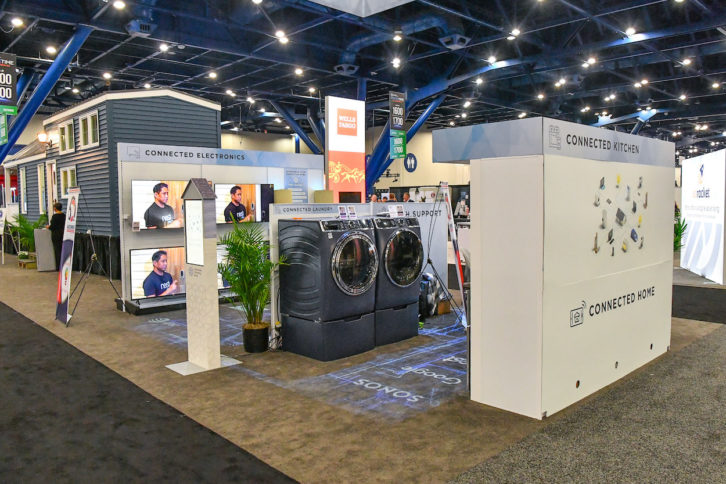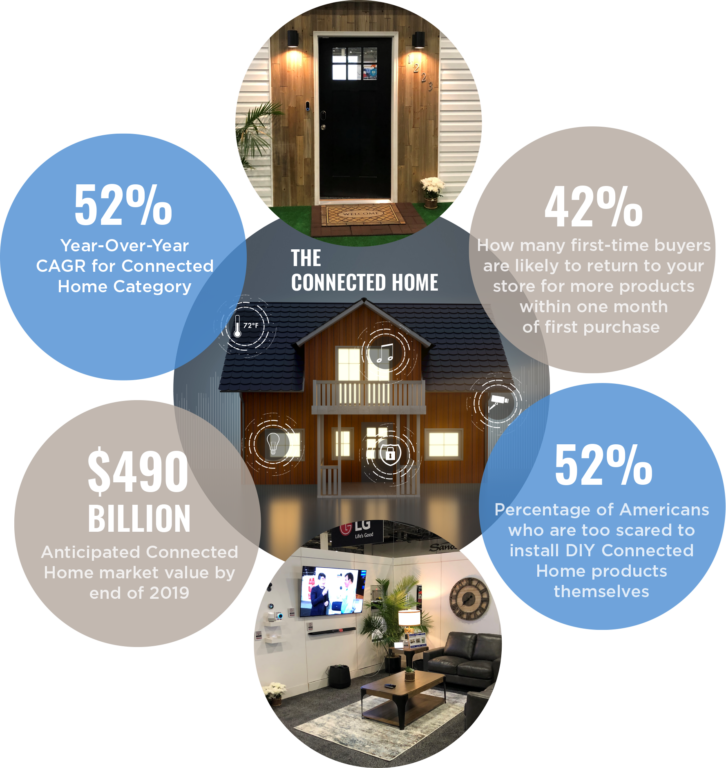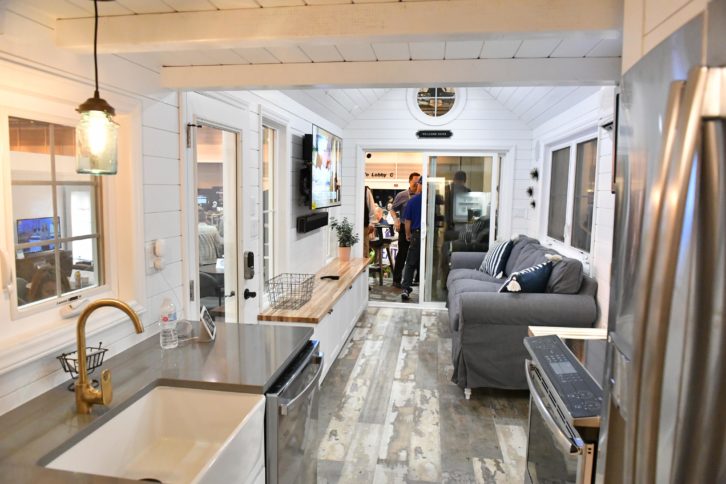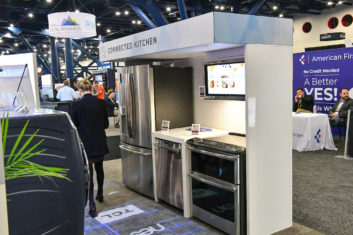If you’ve grown up around the retail industry, you know that success in this space is almost entirely incumbent upon your ability as a retailer to develop strong relationships. At its core, the act of a retail transaction is built around the relationship between the customer and the retailer. But that’s just the tip of the iceberg.

Retail relationships extend to the brands that line the store’s shelves, to the distributors they receive product from, to the services vendors that they call upon to help their store operate efficiently and even to the other businesses in their community. Of course, there’s also the relationship between the retailer and their buying group — which our team here at Nationwide Marketing Group knows a thing or two about.
See also: What is a Smart Home?
It’s those same relationships — and how you as a retailer can leverage them in your day-to-day operations — that are going to help you to stand out above their competition and excel in this new era of selling a connected in-home experience.
The Smart Home Opportunity
Whether we want to admit it or not, technology is quickly creeping its way into every corner of the home. At CES 2020, we saw sensors and smart technology in everything from major home appliances and toilets to mattresses, furniture and more. This technological transformation shouldn’t be cause for concern for the independent retail channel. Rather, smart home technology presents a massive opportunity for local businesses to get out in front of this market, educate their shoppers, and develop those relationships that help them create customers for life.
Oh, and there’s a buck or two that you stand to make as well.

According to data from Google, the connected home industry represents a $490 billion annual market. But there’s tons of room for that number to grow exponentially. Analysis from Statista shows that just 32.4 percent of homes in the United States have at least one installed smart home device, and that number is expected to exceed 52 percent by 2024. What’s more exciting is the fact that more than 42 percent of first-time Google Nest buyers buy another connected home product within the first month of their initial purchase.
That’s a ton of potential revenue just sitting out there, waiting to be swallowed up by the independent retail channel.
To get there, retailers have two major hurdles they need to overcome: awareness around smart home technology and educating consumers on how all of this stuff works. Part of the challenge has been a lack of available tools and resources to help them close the gap with their customers. The first step there should be turning to your buying group to see what opportunities exist in the connected home space. What products — or groups of products — are available to you. Evaluate what’s available to you from a merchandising perspective, and don’t be afraid to dive into this new and quickly expanding category.
For Nationwide members, the Google Nest Prime Retail Program is an example of that level of access to products consumers actively seek. That includes things like security cameras, smart speakers, smart doorbell cameras, Wi-Fi routers, hubs, thermostats, smart plugs and more.

The connected home is a talking point with the customer, and it can turn your store into a smart home destination in your market.
Smart gadgets only tell a portion of the story when it comes to the connected home, however. In order to actually connect all of those products within the home and then control them, you need an Internet connection and wireless service. Consider stepping slightly outside of your comfort zone and explore opportunities in the wireless service and in-home internet categories.
Without that connectivity, the smart home cannot exist. Nationwide Marketing Group’s solution, in that regard, was to partner with AT&T to bring members a program that allows them to sell smartphones, wireless service, broadband internet, entertainment services and more. Being able to paint that full picture of what the smart home looks like, how it comes together, and how it actually functions is imperative for the retailer.
An Evolving Retail Experience
Smart home technology has had a tremendous impact on the in-home experience. But it’s also had a tremendous impact on the retail experience, from the way consumers research these products, to the physical purchase process, to how products are serviced.

Technology will continue to change at breakneck speeds, and retailers that are going to succeed in this day and age need to evolve right alongside it. Special consideration needs to be given to everything from how these products and services are displayed in your store, to how you help deliver and install them in the customer’s home, to the type of response you can give when that customer experiences technical difficulties with their system.
Whether it’s through vendor partners that you’ve teamed up with or programs available through your buying group, it’s crucial to have the entire customer journey mapped out. Serve as the bridge between your customer and the promise of a truly connected lifestyle. To the unaware and unassuming shopper, this technology can be truly daunting and perhaps even a little off-putting. Change that narrative for them. Show them why the connected home matters. And don’t be afraid to call on your partners, perhaps even Nationwide Marketing Group, to help you capture a slice of this enormous business opportunity.
from TechRadar - All the latest technology news https://ift.tt/3jGSmZL
